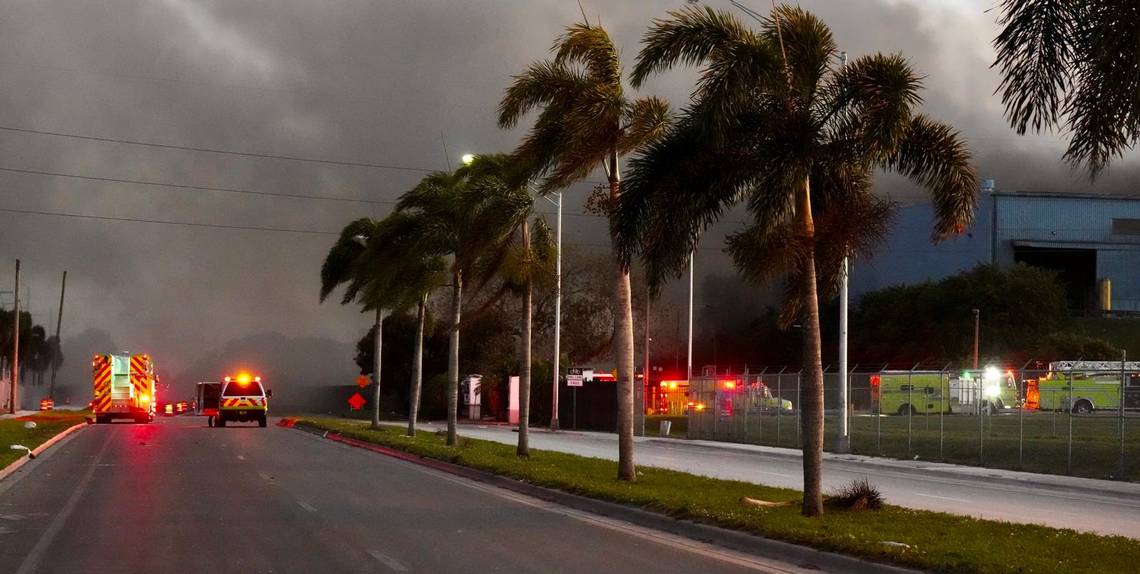Miami-Dade Considers New Options for Waste Incinerator
Miami-Dade County is once again looking to build a new waste incinerator, but the process has proven to be more complicated than initially anticipated. The need for a new facility stems from the destruction of the old incinerator and the growing problem of landfill space running out. The proposed solution is a modern, waste-to-energy plant that could help manage the county’s increasing waste volume while generating electricity.
The plan has faced several obstacles, starting with the selection of a suitable location. Several sites that were previously considered have been ruled out due to strong opposition from local communities and high-profile neighbors. One such site was the former Doral location, which sparked significant backlash when it was first proposed. This resistance has made it difficult to find a place that meets both environmental and community standards.
With many potential locations eliminated, there is now uncertainty about what land remains available for the new facility. A notable alternative was a 65-acre land swap, but that option is currently not moving forward. Officials are exploring other possibilities, including placing the incinerator in a remote area owned by the government. However, this approach could lead to legal challenges and environmental concerns, as it may require navigating complex regulatory processes.
Environmental groups have also raised concerns about the project. Many of them oppose the construction of any new incinerator, arguing that it could contribute to air pollution and other environmental issues. Instead, they advocate for composting as a more sustainable solution. While large-scale composting is not yet legal in the county, there are ongoing efforts to change this. Local activists and officials are working together to push for policies that would allow for expanded composting programs.
Despite these challenges, the need for a new waste management solution remains urgent. As the population continues to grow, so does the amount of waste generated daily. Without a viable plan, the county risks facing even greater landfill shortages and environmental degradation.
The debate over the incinerator has also highlighted the importance of public input and transparency in decision-making. Residents and stakeholders want to ensure that their voices are heard and that any new facility is built with their best interests in mind. This has led to increased discussions about how to balance environmental protection with practical waste management needs.
Looking ahead, Miami-Dade officials will need to carefully evaluate all options and consider the long-term impacts of their decisions. Whether it’s through an incinerator, composting, or a combination of methods, the goal remains the same: to create a sustainable and efficient waste management system that benefits both the environment and the community.
As the discussion continues, it’s clear that finding a solution will require collaboration, innovation, and a commitment to addressing the challenges of waste management in a responsible and forward-thinking way.







